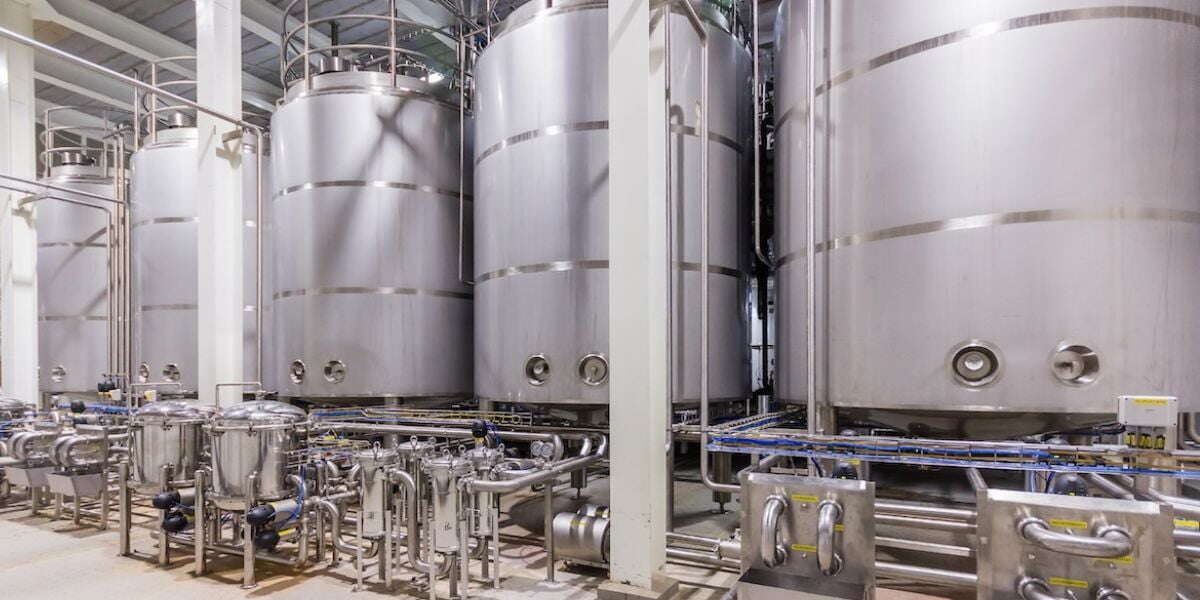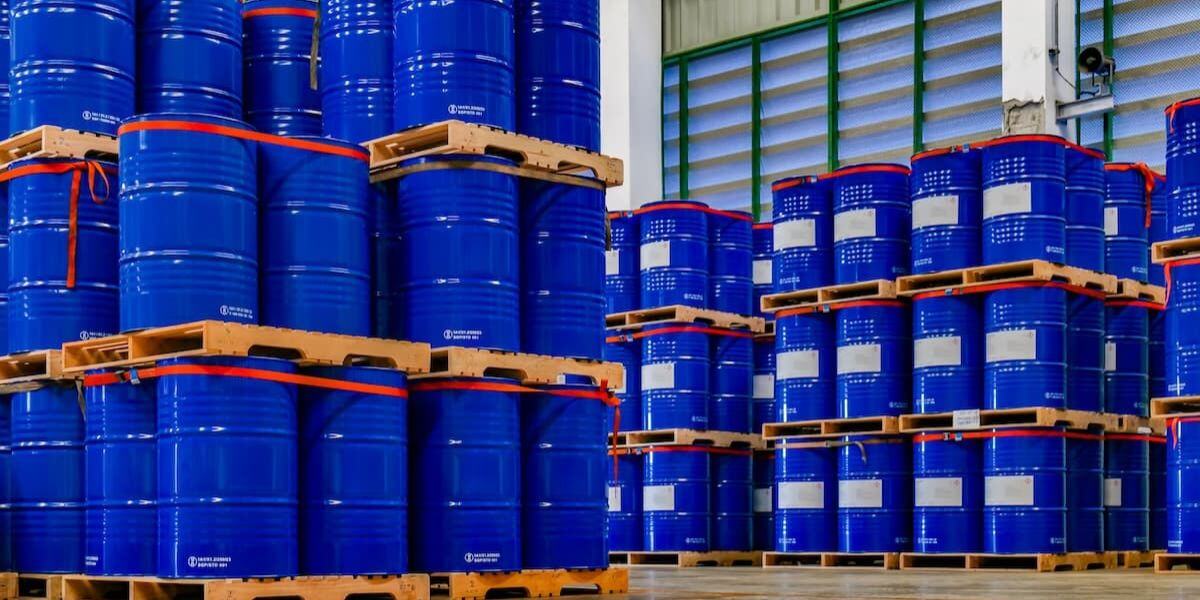
What is NSF Certification and Why Does it Matter in Chemical Manufacturing?
If you're involved in chemical manufacturing, you've likely encountered the NSF certification. This certification, granted by NSF International, confirms that a product meets strict safety, health, and quality standards. It’s crucial for chemical product manufacturers because it ensures products are safe, compliant, and trusted by end-users and regulatory bodies alike.
In this blog post, we'll go into detail on the NSF certification, highlight its importance within chemical manufacturing, and discuss how chemical product manufacturers benefit from NSF-certified products.
Understanding NSF Certification
NSF International: A Trusted Authority
NSF International is an independent, globally recognized public health and safety organization dedicated to protecting public health. Founded in 1944, NSF sets rigorous standards and tests products to ensure they adhere to these criteria, promoting public safety and reducing health risks associated with chemicals and other products.
Goals of NSF Certification
The primary purpose of NSF certification is to protect public health by ensuring products comply with comprehensive safety standards. These standards validate chemical products, safeguarding consumer and environmental health.
Key NSF Standards for Chemical Manufacturers
For chemical manufacturers, several NSF standards are particularly relevant:
- NSF/ANSI/CAN 60: Certifies chemicals used in treating drinking water, ensuring they do not adversely affect public health.
- NSF/ANSI 50: Applies to pool and spa chemicals, guaranteeing their safety for recreational water environments.
- NSF Nonfood Compounds: Pertains to cleaning chemicals, sanitizers, and lubricants, confirming their suitability and safety in facilities related to food handling and processing.
Understanding these standards and getting a certification can significantly impact a chemical manufacturer's reputation and market opportunities.
Why NSF Certification Matters in Chemical Manufacturing
Achieving NSF certification demonstrates your commitment to meeting exacting health and safety standards. It provides assurance that your products are safe for their intended use, significantly reducing potential risks associated with contamination or safety failures. NSF certification also ensures compliance with legal and regulatory requirements, safeguarding your business from potential fines or operational disruptions.
Specific Benefits for Chemical Product Manufacturers
NSF certification is a critical mark of trust and quality in the chemical manufacturing space. It provides assurance that products meet rigorous standards for safety, quality, and performance — making it a powerful asset for chemical product manufacturers.
- Accelerated Market Access: NSF certification can open doors to regulated markets more quickly by demonstrating compliance with public health and safety standards. This is especially beneficial for companies entering competitive or highly regulated sectors where trust and transparency are non-negotiable.
- Competitive Differentiation: Displaying the NSF mark on your product or packaging signals that your manufacturing practices align with independently verified industry standards. This gives customers, distributors, and business partners confidence in the integrity of your product.
- Risk Mitigation: NSF-certified processes help reduce exposure to compliance issues, product recalls, and liability. By adhering to strict certification criteria, manufacturers can prevent costly setbacks related to contamination or mislabeling.
- Operational Credibility: For internal stakeholders and external partners alike, NSF certification provides third-party validation that your manufacturing and quality control processes are reliable, consistent, and audit-ready.
How To Get Your Chemical Product NSF-Certified
If you're looking to add NSF certification to your chemical product, the journey begins with identifying the correct NSF standard based on your product’s use case. For instance, if your chemical is intended for treating drinking water, you’ll likely need to pursue NSF/ANSI/CAN 60 certification. Once you’ve selected the right standard, you’ll need to gather detailed documentation — including your product formulation, intended use, safety procedures, and facility processes — and submit an application to NSF.
From there, the product undergoes laboratory testing to verify it meets safety and performance benchmarks, and your facility will be audited to ensure it adheres to precise cleanliness, traceability and quality standards. If successful, you’ll receive official certification and authorization to display the NSF mark — but ongoing compliance is required to maintain it.
We break all of this down into more detail in our blog “4 Steps to Becoming an NSF-Certified Chemical Manufacturer.”
Partner with an NSF-Certified Toll Blender
Choosing an NSF-certified toll blending partner like Royal Chemical can help you streamline your NSF-certified product manufacturing and distribution. Our NSF certification is a part of our comprehensive commitment to quality, service and compliance. With more than 87 years of experience, we’ve perfected robust, standardized manufacturing processes at our five strategically located facilities nationwide, providing unmatched capacity and reliability.
Our extensive network of facilities means we deliver NSF-certified chemical products quickly, consistently and accurately, reaching over 83% of the U.S. population within one business day. That means faster market entry, reduced operational risk and enhanced customer satisfaction.
Ready to accelerate your product’s success and simplify your compliance challenges? Contact us today to learn more about partnering with Royal Chemical for your NSF-certified blending needs.
Talk to an Expert
Streamline Your Chemical Manufacturing Process
Royal Chemical’s expertise in blending, packaging and shipping can save you time, reduce costs and deliver consistent results.














